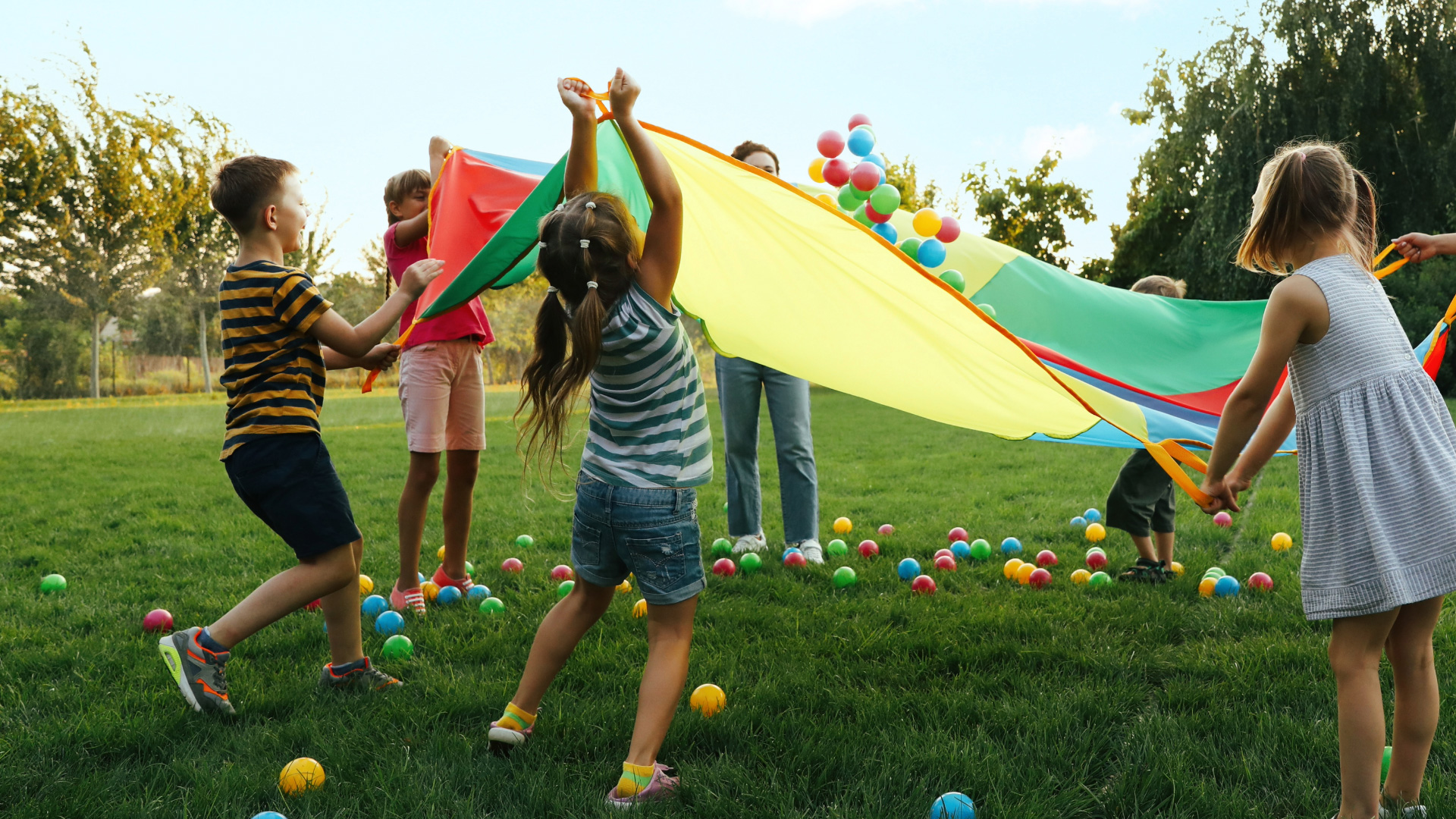By: Jason Riccardi
When someone says the word “play” we immediately conjure images of children playing stickball in a dirt lot, or children playing in castles slaying the fire-breathing dragon. Sometimes we even recall memories of building blocks and making forts from spare sheets and blankets. The former of those two forms of play has real world applications and benefit not just for children but for adults of all ages. Imaginative play, or play where there are no rules, is the most powerful form of rehabilitation, stress relief and memory recovery for people of all ages!
What are the Benefits of Play?
Play comes with a plethora of benefits for both senior citizens and children alike. These benefits are often realized immediately and can last for years, even after daily play sessions stop. Play improves emotional, mental, and physical health when done correctly. Here are some of the benefits you can expect from senior play groups:
Stress Relief – The act of doing something enjoyable, like playing a card game with friends, or breaking your personal record for how tall you can build a tower, makes your body release endorphins. Endorphins elevate your mood and reduce stress.
Improved Brain Function – Every researcher agrees that play has a positive impact on cognitive function. The type of play doesn’t really matter – you can play cards with friend, make up stories, or playing catch. By Playing, you improve communication skills, improve your reaction speed, and improve critical thinking. These are all important to exercising your mind and keeping it sharp.
Improved Relationships – Post-pandemic life has created a pandemic of its own – social isolation and depression. Playing with others is scientifically proven to reduce the risk of depression and lower anxiety levels. When you engage in play with others you create bonds of friendship and strengthen relationships with others around you.
Loose Part Manipulation Benefits – When playing with loose parts, like Imagination Playground Small Blue Blocks, there is a physical benefit realized as well. Small blocks improve fine motor skills, force imaginative thinking, and improve gross motor function.
Types of Play
Now that you have seen the many benefits of play, you might be asking, “That’s great, but what exactly is considered play for senior citizens?”
It is simple: Play is any activity done strictly for recreation and enjoyment, as opposed to work, which is serious and has a defined practical purpose.
Or, as Mark Twain once wrote: “Work consists of whatever a body is obliged to do … play consists of whatever a body is not obliged to do.”
Here are some of the most common types of play older adults tend to enjoy:
Puzzles and Blocks – These enjoyable games require a deeper engagement of the mind as you create something concrete from a field of disarray. They engage fine motor skills and imaginative sorting and strategy. And while they sound like solitary games, we often see the best and longest engagement in this type of play.
Board Games – These are a fun and shorter activity. The best board games are those that require thinking and strategy. So put away the chutes and ladders and bust out Clue.
Dance – It doesn’t sound like a game, but this fun activity engages the mind and body in perfect harmony. It forces social interaction and is always a good time.
And there are so many more. So, whether you are 3 or going on 93, make sure to schedule play time each day to improve your emotional, physical, and mental acuity!
We hope you take the opportunity to play today with someone you care about and continue to BUILD ON!
Bio:
Jason Riccardi is an early education specialist who spent the better part of a decade crafting curriculum with Oakstone Publishing, Newbridge Educational Publishing, and the Time Education Program. More recently, Jason has been part of the Imagination Playground team, focusing his efforts on the importance of learning through play.






